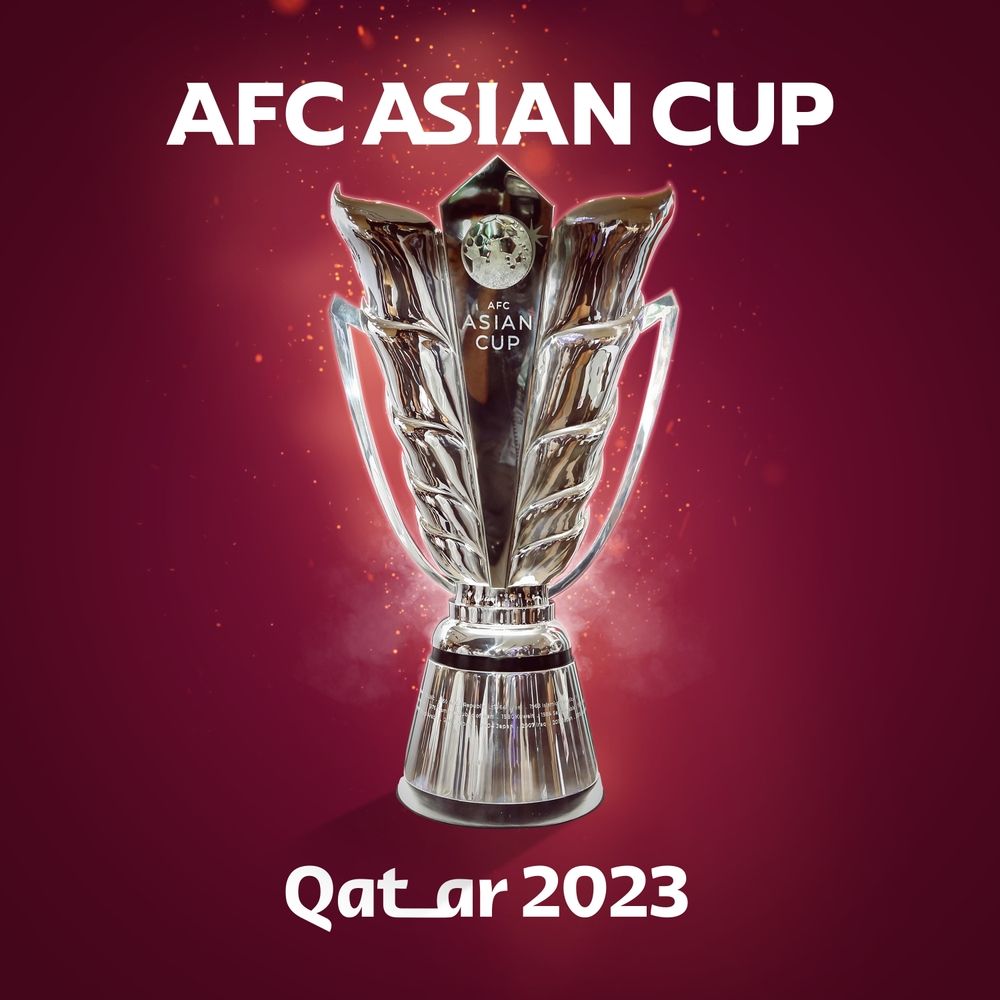A Journey Through Time: The Storied History of the AFC Asian Cup
In this article, we will take a deep dive into the history of the AFC Asian Cup, exploring its evolution, dominant teams, iconic moments, and future prospects.

The AFC Asian Cup, organized by the Asian Football Confederation (AFC), is a prestigious tournament that determines the continental champion of Asia. It is the second-oldest continental football championship in the world, after the Copa América. The competition has seen significant developments and achievements since its inception in 1956. In this article, we will take a deep dive into the history of the AFC Asian Cup, exploring its evolution, dominant teams, iconic moments, and future prospects.
The Birth of the AFC Asian Cup
The idea of a pan-Asian competition was proposed after World War II, but it wasn't until the 1950s that the AFC Asian Cup came into fruition. In 1956, two years after the establishment of the Asian Football Confederation, the first-ever AFC Asian Cup took place in Hong Kong. Seven of the twelve founding members participated in the tournament, making it the second-oldest continental competition in the world.
The early editions of the Asian Cup demonstrated the dominance of team South Korea, who won the championship in 1956 and 1960, marking their best achievements in the tournament. However, as the competition grew, other teams began to emerge as serious contenders.
West Asian Domination (1964–1988)
After Hong Kong and South Korea hosted the first two editions of the Asian Cup, Israel was chosen as the host for the 1964 tournament. This edition featured a format where four teams played in a single group to determine the champions. Israel emerged victorious, securing three wins and claiming the title.
In the following years, Iran established its dominance in West Asia, winning three consecutive tournaments in 1968, 1972, and 1976. Iran remains the only national team in Asia to have achieved this feat. The 1972 edition introduced the group stage-knockout phase format, which has been followed in subsequent tournaments with some alterations.
1968 Asian Cup Final
1972 Asian Cup Final
1976 AFC Asian Cup Final
The 1980s witnessed the continued dominance of West Asian teams, with Kuwait becoming the first Arab country to win the championship in 1980.
1980 AFC Asian Cup
Saudi Arabia emerged as a rising force, winning two consecutive Asian trophies in 1984 and 1988. These victories marked Saudi Arabia's debut in major competitions and established their position as a dominant force in Asian football.
1984 AFC Asian Cup Final
1988 AFC Asian Cup Final
Japan's Rise and Modernization of the Asian Cup (1992–2011)
Japan's ascent in Asian football began in the 1990s. The country, previously a small name in the sport, made its first appearance in the AFC Asian Cup in 1988. As Japan's professional football scene developed, their fortunes on the international stage improved as well.
Japan hosted the 1992 AFC Asian Cup, which featured eight teams divided into two groups. In a historic final, Japan defeated Saudi Arabia, the defending champions, to claim their first major international honor. This victory marked a turning point for Japanese football and set the stage for future success.
The tournament expanded to twelve teams in 1996 and was held in the United Arab Emirates. Saudi Arabia reached the final for the fourth consecutive time but lost to the hosts in a penalty shootout.
1996 AFC Asian Cup
The 2000 edition in Lebanon saw Japan triumph over Saudi Arabia in a final filled with passionate Saudi supporters.
In 2004, the Asian Cup expanded to 16 teams, and Saudi Arabia missed out on the final for the first time. The tournament was won by China for the first time and was well remembered for its competitive nature.
AFC Asian Cup 2004
AFC Asian Cup 2007
AFC Asian Cup 2011
Expansion and Modernization (2015–Present)
Australia's inclusion in the AFC in 2006 brought further changes to the Asian Cup. The country hosted the 2015 edition, which saw an expansion to 16 teams and marked Southeast Asia's first victory as Australia emerged as champions after defeating South Korea in the final.
AFC Asian Cup 2015
The 2019 AFC Asian Cup witnessed further developments, with the introduction of video assistant referees (VAR) and an expansion to 24 teams. Hosted by the United Arab Emirates, the tournament saw Qatar claim their first-ever Asian title, defeating Japan in the final. The competition was not without controversy, as the Qatar diplomatic crisis and other incidents marred some of the matches.
AFC Asian Cup 2019
Looking ahead, the AFC Asian Cup Qatar 2023, which will be held from January 12th to February 10th, 2024, promises to be another exciting chapter in the tournament's history. As the host nation, Qatar aims to build on their success from the previous edition and showcase their footballing prowess on home soil.
The AFC Asian Cup Trophy
The AFC Asian Cup trophy has undergone changes over the years. The original trophy, used from 1956 to 2015, was a bowl-shaped design weighing 15 kilograms. The black base of the trophy contained engraved plaques with the names of the winning countries. In 2019, a new trophy was introduced, modeled after the lotus flower, a symbol of Asia. It is 78 centimeters tall, 42 centimeters wide, and made of silver.

Dominant Teams and Iconic Moments
Throughout the history of the AFC Asian Cup, several teams have emerged as dominant forces in the tournament. Japan leads the pack with four titles, closely followed by Saudi Arabia with three. Other successful teams include Iran, South Korea, and Kuwait, each with multiple triumphs.
All AFC Asian Cup Finals 1956 - 2019




